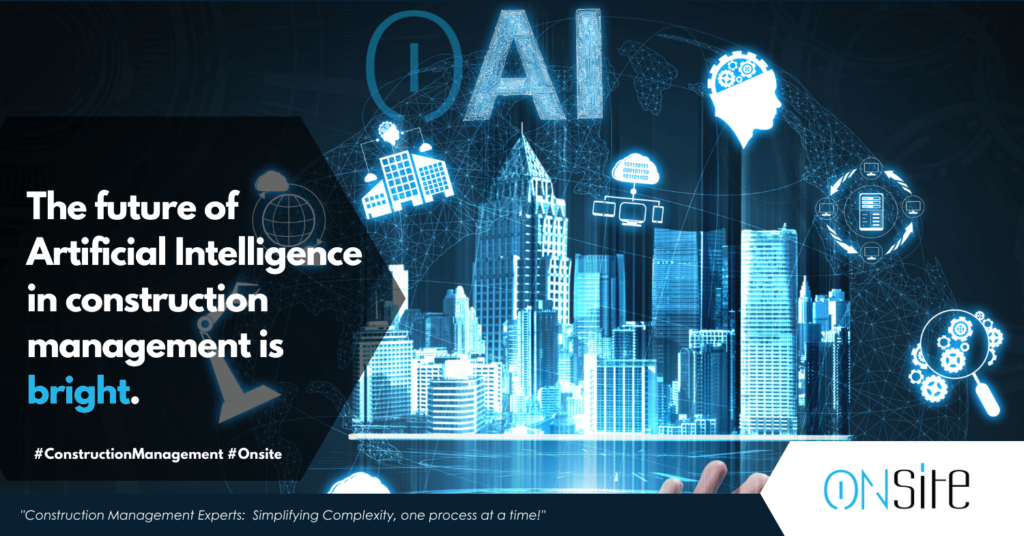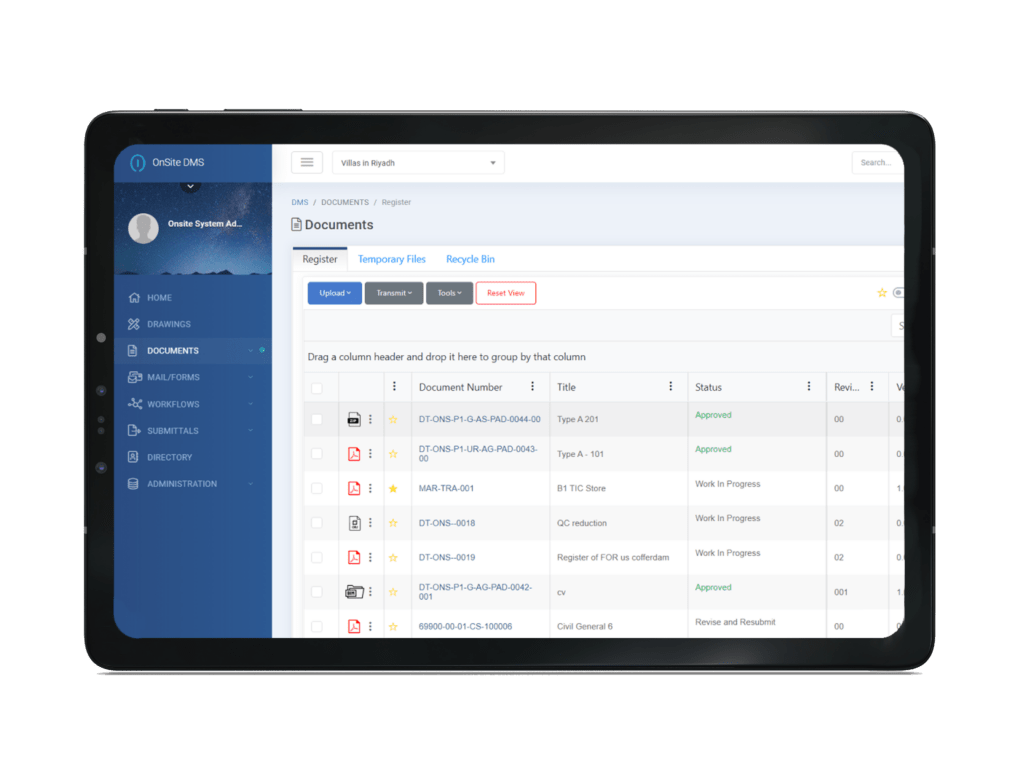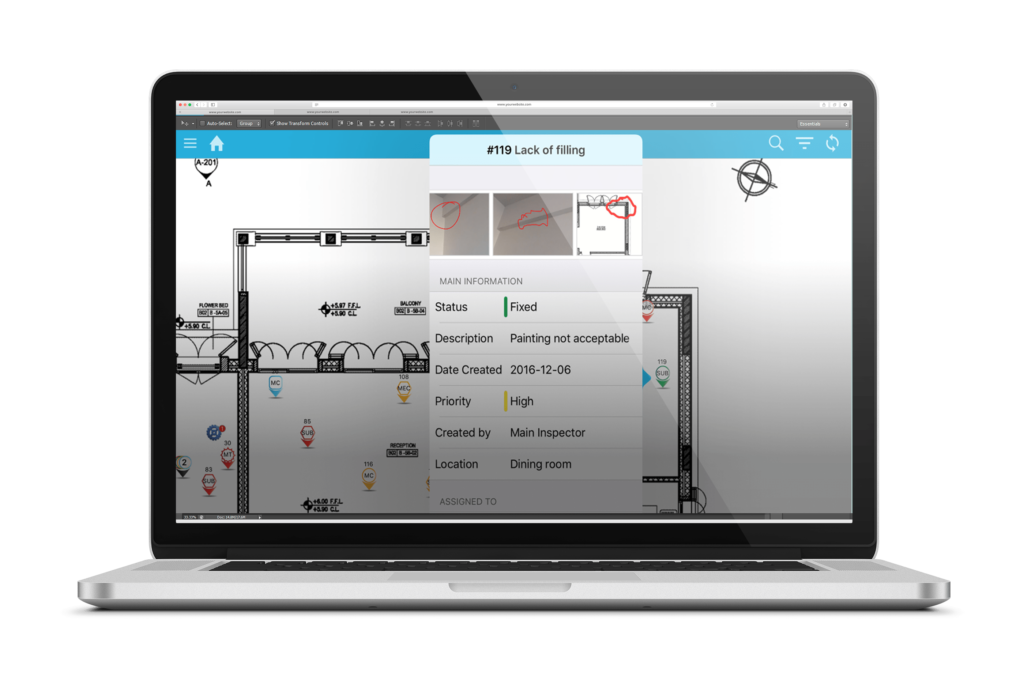
Samer Ghanem
Samer Ghanem's short bio here. Samer Ghanem's short bio here. Samer Ghanem's short bio here. Samer Ghanem's short bio here. Samer Ghanem's short bio here. Samer Ghanem's short bio here. Samer Ghanem's short bio here. Samer Ghanem's short bio here. Samer Ghanem's short bio here.
Artificial Intelligence (AI) has become a buzzword in the construction industry, promising significant improvements in construction management, productivity, and safety. In this article, we will explore what Artificial Intelligence in construction management is, its applications, implementation challenges, best practices, and what the future holds.

What is Artificial Intelligence in Construction Management?
AI is a technology that enables machines to perform tasks that would typically require human intelligence, such as learning, problem-solving, and decision-making. In the context of construction management, AI involves the use of machine learning algorithms to analyze data and identify patterns and insights that can inform decision-making and optimize project performance.
Application of Artificial Intelligence in Construction Management
Project Planning and Scheduling: AI can evaluate project data to identify potential delays, resource limits, and other concerns that may affect project timelines. This data may be used to make proactive changes to project plans and timelines, decreasing the possibility of cost overruns and delays.
Safety: AI can also evaluate data from sensors and cameras to discover possible safety issues, such as workers not wearing correct protective gear or working in hazardous settings. This data may be utilized to identify areas for improvement and to prevent accidents and injuries.
Quality Control: AI can evaluate project data to find problems, mistakes, and design flaws, allowing for prompt remedial action. This can increase project quality while also lowering rework and material waste.
AI can evaluate equipment data to predict maintenance.

Take the advantage now.
Implementation Challenges
Despite the benefits of AI in construction management, there are several implementation challenges that need to be addressed, including:
Data Quality: AI relies on high-quality data to generate accurate insights and predictions. However, construction project data is often fragmented, incomplete, or inconsistent, making it challenging to use AI effectively.
Integration with Existing Systems: AI systems need to be integrated with existing construction management systems, such as project management software, scheduling tools, and BIM software. This can be a complex process that requires specialized expertise and resources.
Cost: Implementing AI systems can be expensive, requiring investment in hardware, software, and personnel. Construction firms need to weigh the benefits of AI against the costs to determine if it is a worthwhile investment.

Take the advantage now.
Best Practices
To ensure the successful implementation of Artificial Intelligence in construction management, construction professionals should consider the following best practices:
Start Small: Start with a pilot project to test the effectiveness of AI in a specific area of construction management, such as project planning or safety monitoring.
Build a Strong Data Foundation: Ensure that project data is collected consistently and accurately to enable effective use of AI.
Develop Internal Expertise: Train personnel to use AI effectively and build internal expertise to manage and maintain AI systems.
What’s next for Artificial Intelligence in Construction Management?
With continuous developments in machine learning, robotics, and data analytics, the future of Artificial Intelligence in construction management is bright. As AI systems grow more advanced and inexpensive, we may expect to see more widespread application in the construction sector, resulting in considerable gains in project performance, productivity, and safety.
They are also developing AIs to clean data, making it easier to inherit historical data and integrate with other systems.